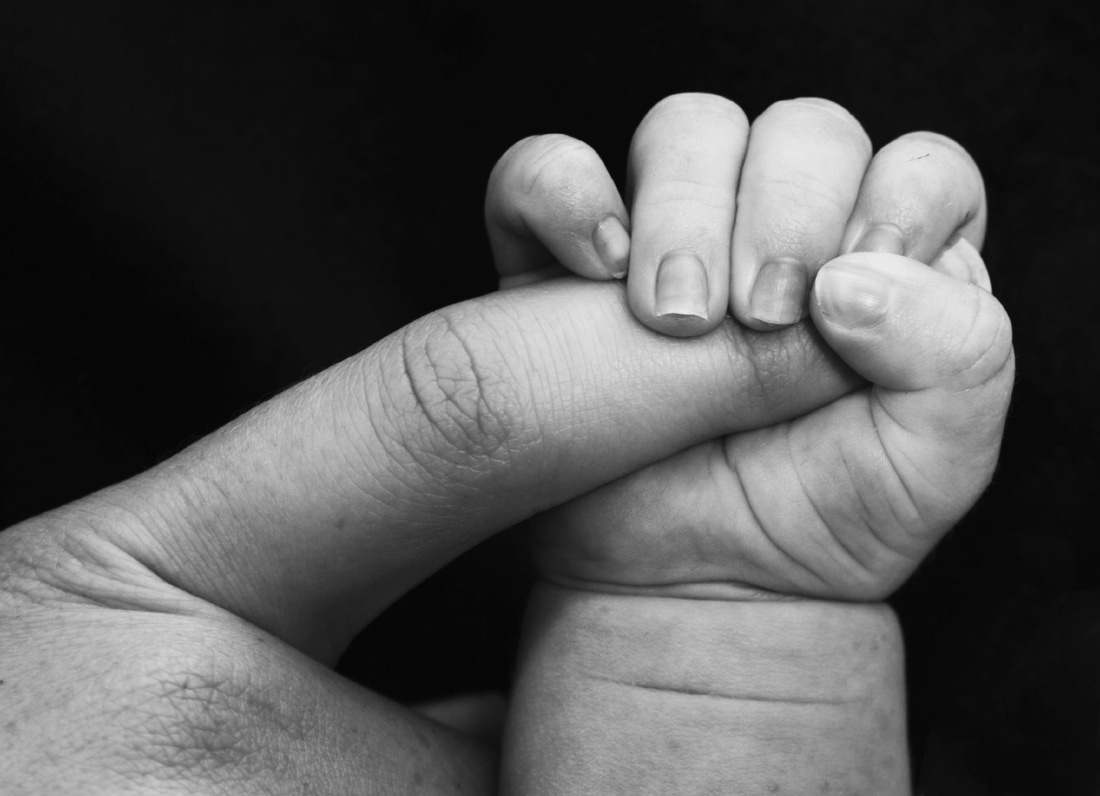I was told many things about parenting, but two thoughts are often missing. First, you’ll see time fly. Yes, time always flies, but now it eats and poops and says new words, and then poops again, gets bigger, and learns something new. Then the day is gone, and the next day ushers more novelty unlike the days before. Before becoming a father, there was a casual monotony in my everyday that made any of the last ten years seem indistinguishable. Sometimes I can’t tell if a memory belongs to 2006 or 2013. But now time is encapsulated in a small but growing body; a recall trick that reminds me exactly what year it is by association of its temporal embodiment. A good reminder that we are all creatures of time.
The second realization was how terribly easy it is to hand down our anxieties to our children. This process resembles how children are socialised to associate emotions to various situations. If I, the father, have a fear of spiders, my reaction is appropriated by my two-year old who's scanning my face to emulate a response and decipher its meaning. Though temperament will undoubtedly factor in the child’s reaction, I fear parents (or caregivers) may belittle the fact that they are the physical embodiment of their children’s sense of security - always and everywhere.
Unlike spiders, this anxiety doesn’t have a material form. That’s what differentiates an anxiety from fear. When a bear is charging at you, an electric current propels you up a nearby tree – that’s fear. When you’re afraid a bear is hiding around every corner – that’s anxiety. If my anxiety coaxes me to relentlessly seek validation from others, it won’t consist of a one-off event like running up a tree. It’s an environment, an ever-present spectre that informs and guides all my actions. If this is the environment in which my child lives and grows, the consequences may be tragic indeed. By denying my child the vital parental validation they deserve – to develop a secure and confident sense of being – by devoting myself entirely to social admiration, I may neglect providing my child the very thing (attention) I desperately seek from others. And so, the child grows to repeat the anxious cycle of living in the eyes of others as well.
The onus is on parents/guardians to recognize their anxieties, for these become foundational in the child’s upbringing. This isn’t to say that we can overcome all our anxieties in the pursuit of a perfect home – far from it. As I’ve argued elsewhere, anxiety serves a purpose. Indeed, it constitutes a sort of by-product arising from the recognition of our existence (our mortality, limitations, etc.). It is necessary therefore to know our anxieties; understand them, confront them, make use of them as signals of important questions we may be avoiding, and above all else, learn to withstand them. If I fear loneliness and therefore spend hours online posting and sharing pictures with others of whom I esteem validation, I create an environment of which my anxiety is the architect. And my children will be raised in that environment. My recommendation remains the same: if you are unable to deal with your anxiety, then seek help, lest you unwittingly hand down the very same anxieties you try so hard to escape.

 RSS Feed
RSS Feed